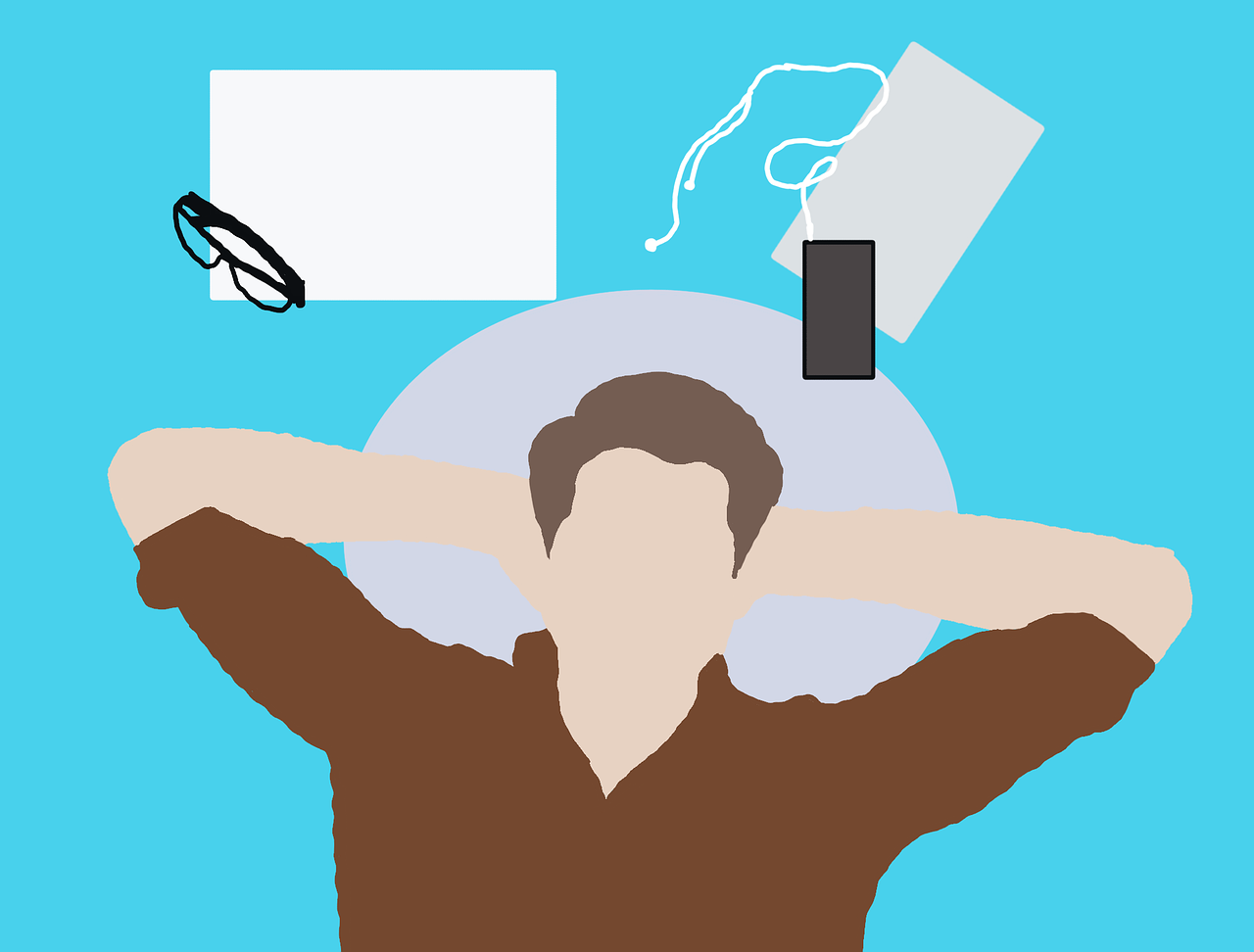
ΑΙhub.org
Machine learning technique helps wearable devices get better at diagnosing sleep disorders and quality

Getting diagnosed with a sleep disorder or assessing quality of sleep is an often expensive and tricky proposition, involving sleep clinics where patients are hooked up to sensors and wires for monitoring.
Wearable devices, such as the Fitbit and Apple Watch, offer less intrusive and more cost-effective sleeping monitoring, but the tradeoff can be inaccurate or imprecise sleep data.
Researchers at the Georgia Institute of Technology are working to combine the accuracy of sleep clinics with the convenience of wearable computing by developing machine learning models, or smart algorithms, that provide better sleep measurement data as well as considerably faster, more energy-efficient software.
The team is focusing on electrical ambient noise that is emitted by devices but that is often not audible and can interfere with sleep sensors on a wearable gadget. Leave the TV on at night, and the electrical signal – not the infomercial in the background – might mess with your sleep tracker.
These additional electrical signals are problematic for wearable devices that typically have only one sensor to measure a single biometric data point, normally heart rate. A device picking up signals from ambient electrical noise skews the data and leads to potentially misleading results.
“We are building a new process to help train [machine learning] models to be used for the home environment and help address this and other issues around sleep,” said Scott Freitas, a second-year machine learning Ph.D. student and co-lead author of a newly published paper.
The team employed adversarial training in tandem with spectral regularization, a technique that makes neural networks more robust to electrical signals in the input data. This means that the system can accurately assess sleep stages even when an EEG signal is corrupted by additional signals like a TV or washing machine.
Using machine-learning methods such as sparsity regularization, the new model can also compress the amount of time it takes to gather and analyze data, as well as increase energy efficiency of the wearable device.
The researchers are testing with a product worn on the head but hope to also integrate it into smartwatches and bracelets. Results would then be transmitted to a person’s doctor to analyze and provide a diagnosis. This could result in fewer visits to the doctor, reducing the cost, time, and stress involved with receiving a sleep disorder diagnosis.
Another issue that the researchers are looking at is reducing the amount of sensors needed to accurately track sleep.
“When someone visits a sleep clinic, they are hooked up to all kinds of monitors and wires to gather data ranging from brain activity on EEG’s, heart rate, and more. Wearable tech only monitors heart rate with one sensor. The one sensor is more ideal and comfortable, so we are looking for a way to get more data without adding more wires or sensors,” said Rahul Duggal, a second-year computer science Ph.D. student and co-lead author.
The team’s work is published in the paper REST: Robust and Efficient Neural Networks for Sleep Monitoring in the Wild, accepted to the International World Wide Web Conference (WWW), scheduled to take place on 20-24 April in Taipei, Taiwan (now an online-only event).
Related research:
New deep learning approach improves access to sleep diagnostic testing











